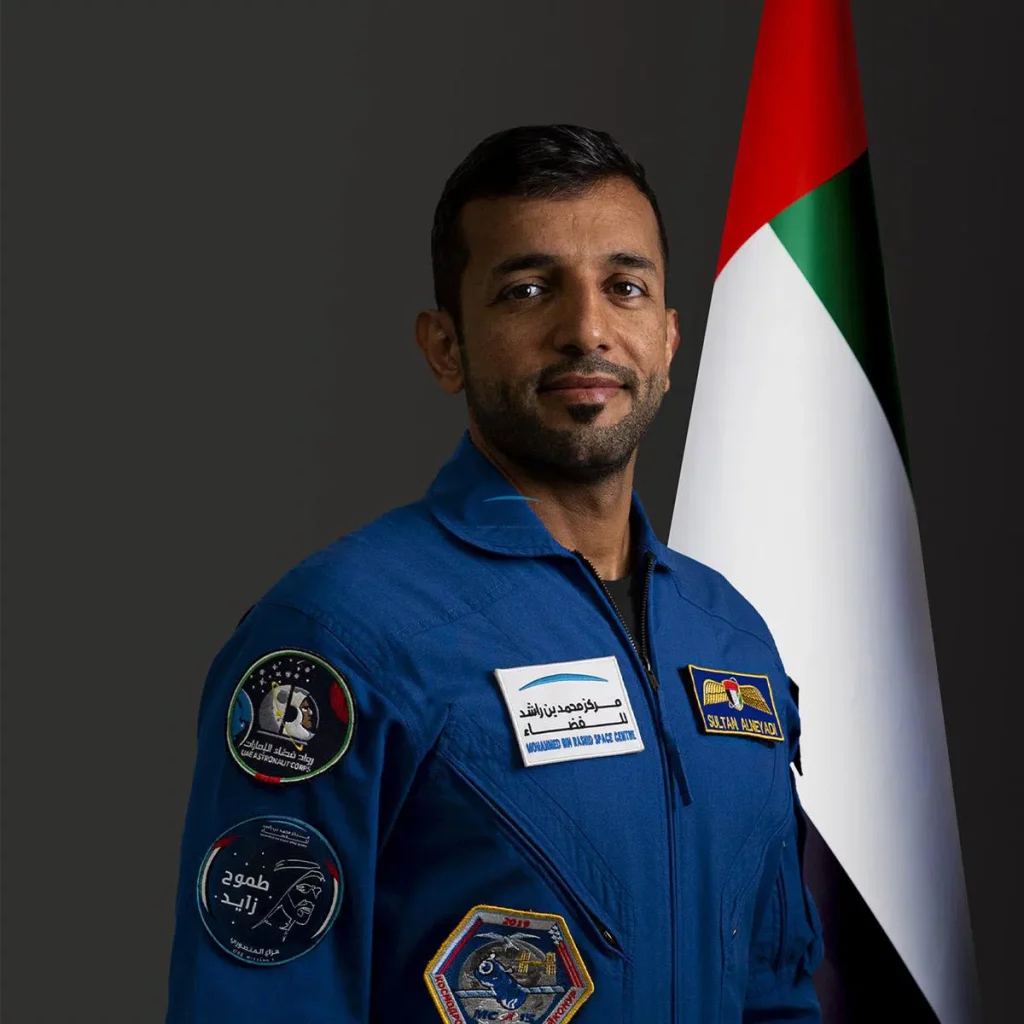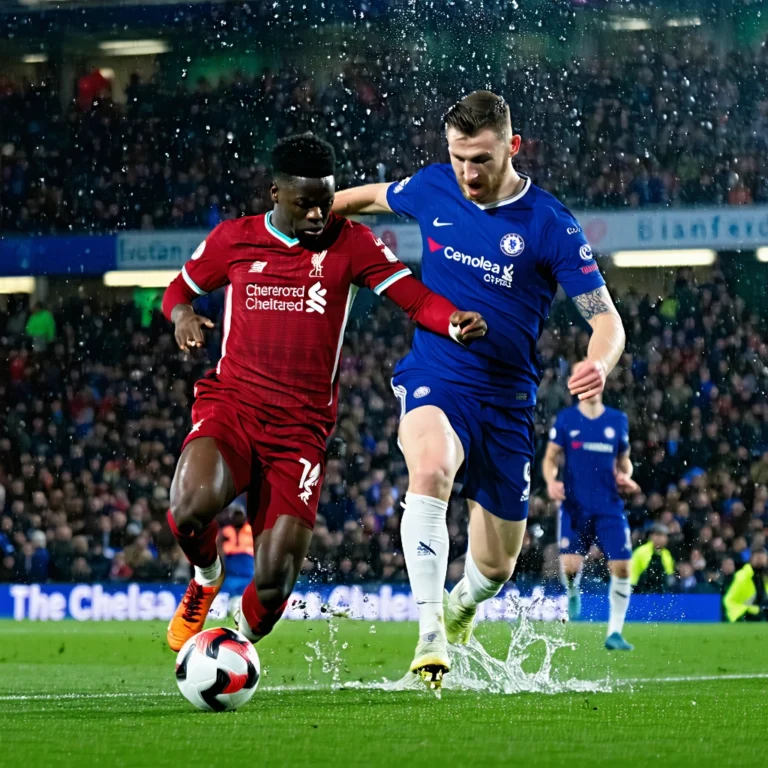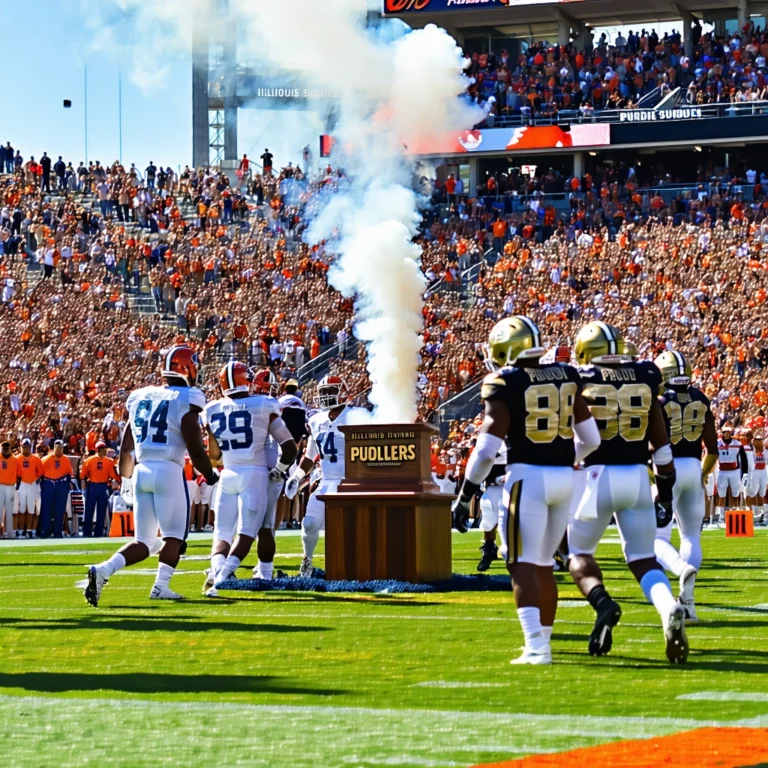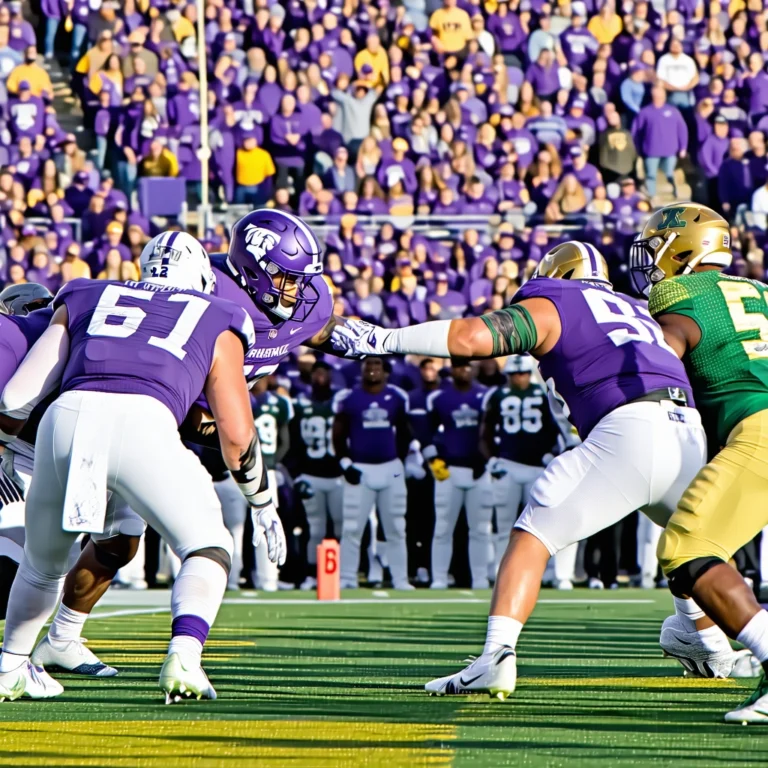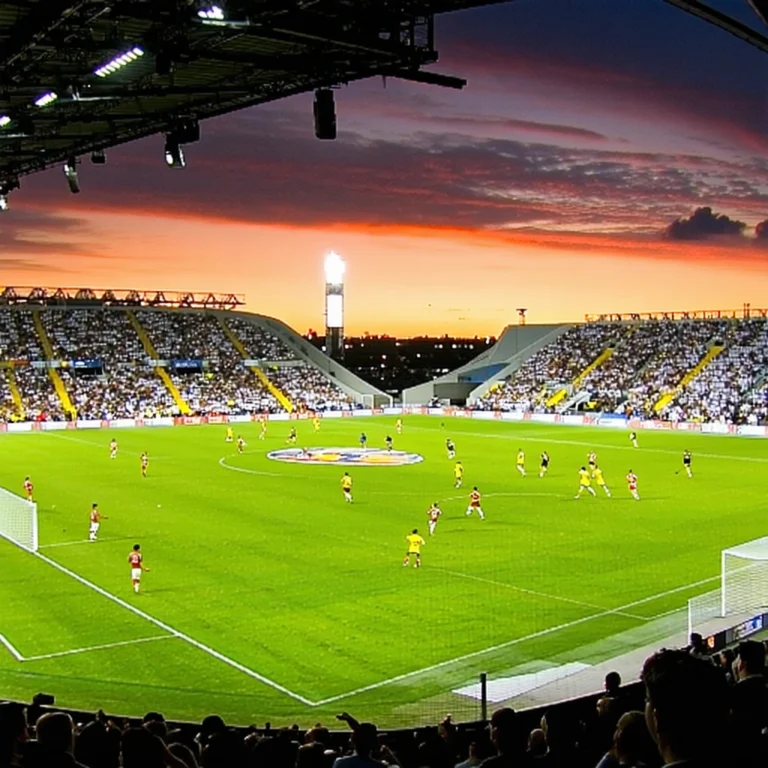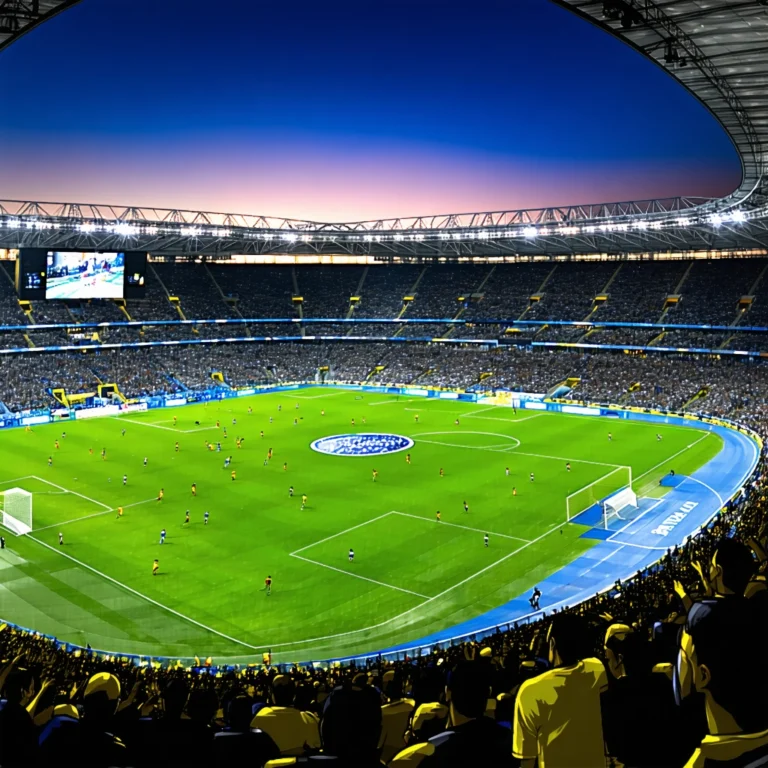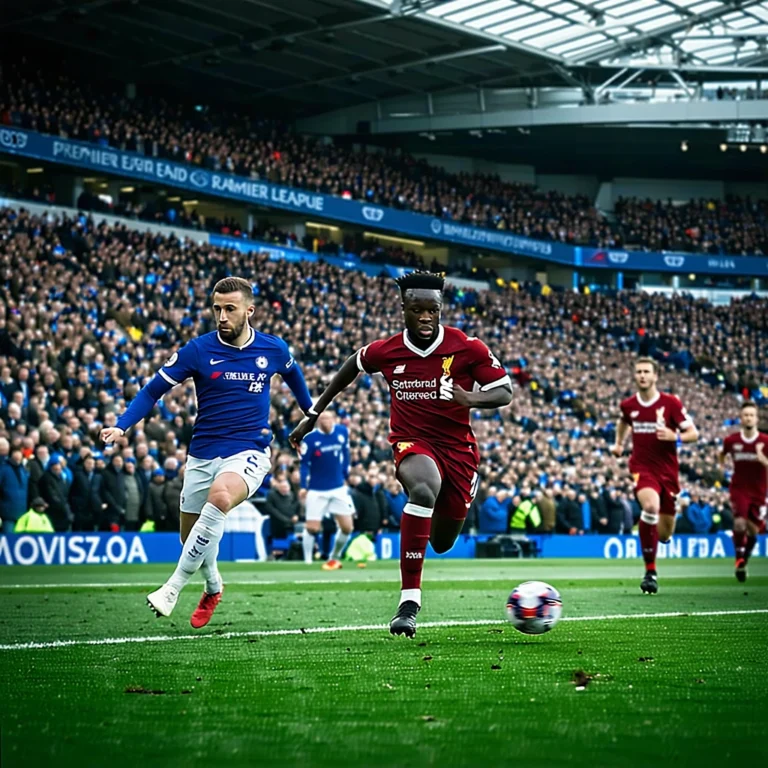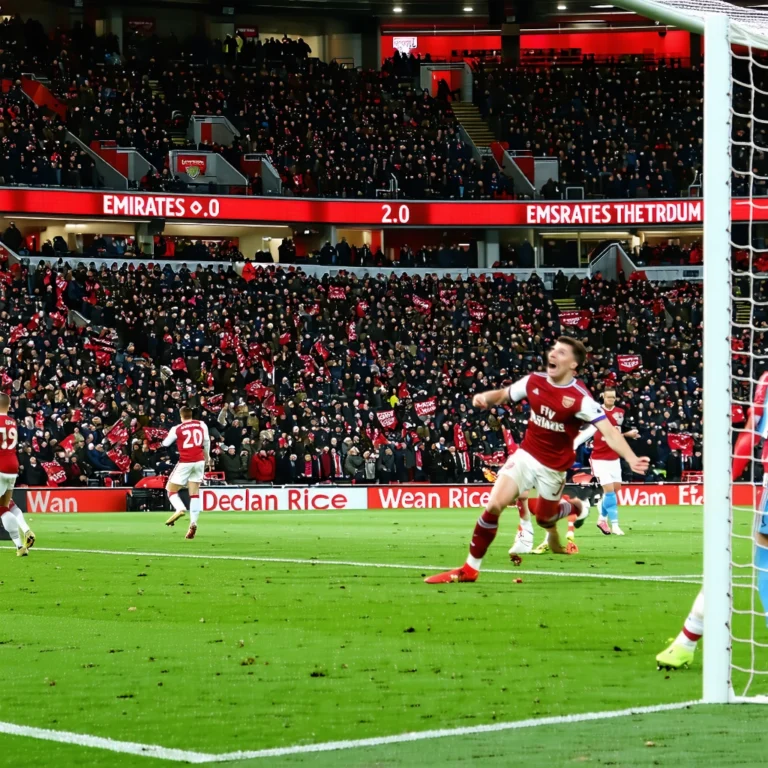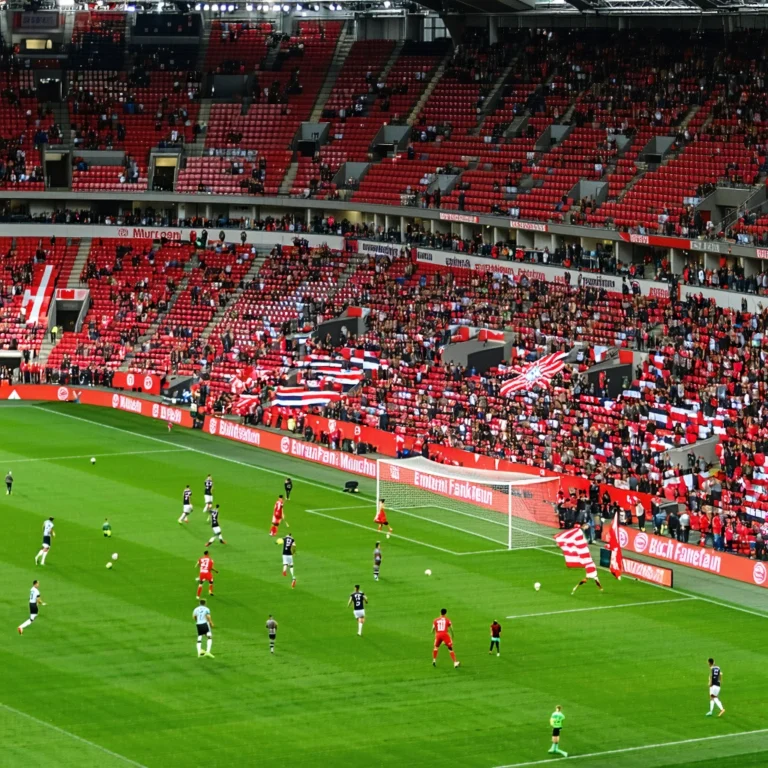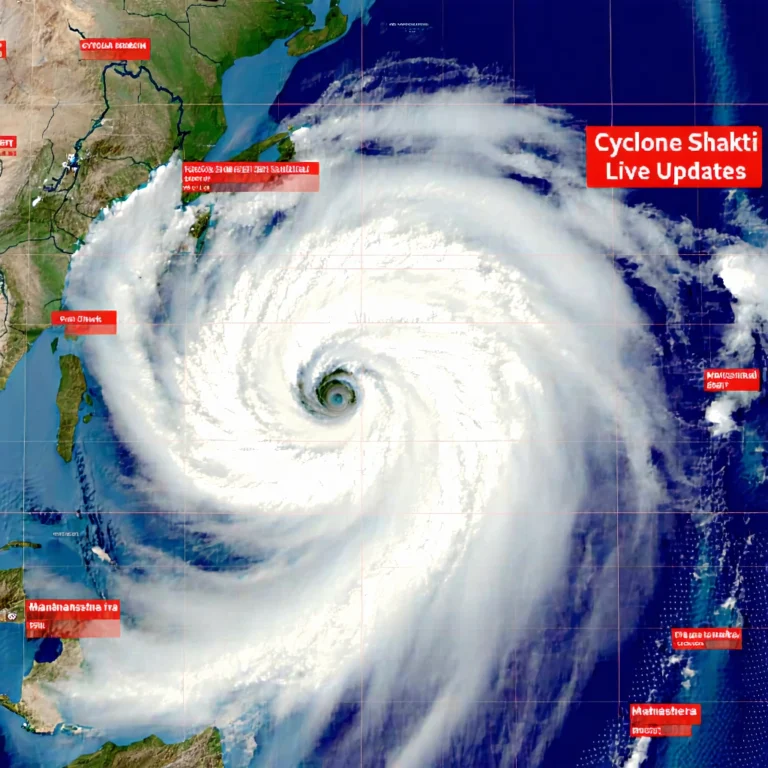Safe Return Sultan: Astronaut Sultan AlNeyadi’s Historic Return
Safe Return Sultan: The United Arab Emirates (UAE) has once again etched its name in the annals of space exploration history
with the successful return of astronaut Sultan AlNeyadi from the International Space Station (ISS).
This remarkable achievement marks the culmination of a 6-month mission
that is now hailed as the longest Arab space mission ever undertaken.
The UAE’s relentless pursuit of excellence in space science and technology, as demonstrated by this historic mission,
has catapulted the nation to the forefront of space exploration.
the contributions of the Mohammed bin Rashid Space Centre (MBRSC),
and the broader implications of the UAE’s growing prominence in space endeavors.
The Journey Begins:
Astronaut Sultan AlNeyadi’s journey to the ISS commenced with an awe-inspiring launch on March 3, 2023, aboard a Soyuz spacecraft.
As the world watched, he embarked on a mission that would not only test his physical and mental endurance
but also signify a momentous step forward for the UAE in space exploration. With this mission,
the UAE joined the ranks of a select few nations capable of sending their astronauts to the ISS.
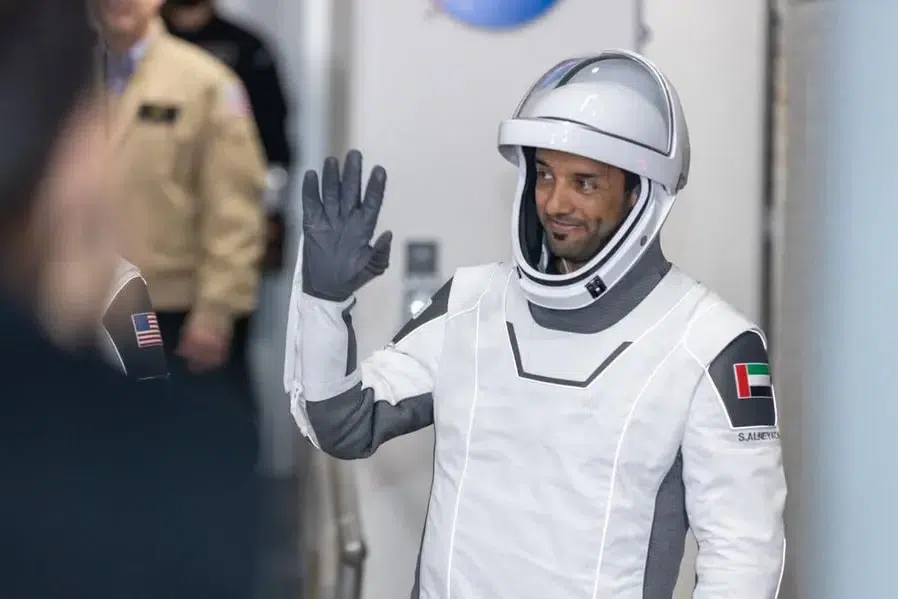
The Longest Arab Space Mission:
One of the most remarkable aspects of Sultan AlNeyadi’s mission was its duration.
At 6 months, it holds the distinction of being the longest Arab space mission ever conducted.
This extended stay aboard the ISS provided invaluable opportunities for scientific
research, technological experiments, and international cooperation.
AlNeyadi’s presence on the ISS symbolized the UAE’s commitment to advancing its space program
and contributing to the global body of space knowledge.
Scientific Contributions:
During his mission, Sultan AlNeyadi actively participated in a wide range of scientific experiments.
These experiments covered diverse fields such as biology, physics, and Earth sciences.
The data collected during his time on the ISS will be instrumental in advancing our understanding of various phenomena,
including the effects of microgravity on the human body, the behavior of materials in space, and Earth observation.
One of the key experiments carried out by AlNeyadi focused on studying the effects of microgravity on cardiovascular health.
This research is of particular significance as it can help improve the health and well-being of astronauts
on long-duration space missions. Additionally, it may have applications in understanding cardiovascular diseases on Earth.
Technological Advancements:
The UAE’s space program has always emphasized technological innovation, and Sultan AlNeyadi’s mission was no exception.
While aboard the ISS, he had the opportunity to test and evaluate cutting-edge technology developed by the MBRSC and its partners.
These technologies ranged from advanced sensors and communication systems to life-support equipment.
One notable technological advancement was the testing of a new generation of solar panels
designed to be more efficient in capturing solar energy in the harsh conditions of space.
This innovation has the potential to significantly reduce the cost and environmental impact of future space missions,
as well as enhance the sustainability of space exploration.
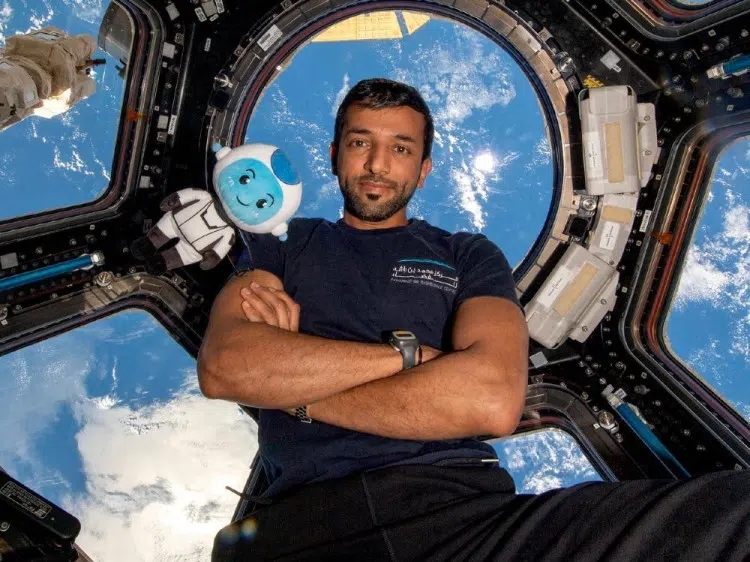
International Collaboration:
Space exploration has always been a global endeavor, and Sultan AlNeyadi’s
mission exemplified the importance of international collaboration.
His presence on the ISS fostered cooperation between the UAE and other spacefaring nations,
including the United States, Russia, and European countries.
This collaboration not only facilitated the success of the mission but also laid the groundwork
for future joint ventures in space exploration.
The Mohammed bin Rashid Space Centre’s Role:
The MBRSC played a pivotal role in Sultan AlNeyadi’s mission and the broader development of the UAE’s space program.
Established in 2006, the MBRSC has been at the forefront of advancing space science and technology in the UAE.
It has been instrumental in developing the nation’s capabilities in satellite technology, space science, and astronaut training.
The MBRSC’s state-of-the-art facilities, including the UAE Astronaut Program,
have been instrumental in preparing astronauts like Sultan AlNeyadi for space missions.
The center’s dedication to excellence in training and research has been a driving force
behind the success of the UAE’s space endeavors.
The Future of the UAE in Space Exploration:
As Sultan AlNeyadi returns to Earth, his mission leaves an indelible
mark on the UAE’s space program and sets the stage for future ambitions.
The success of this mission demonstrates the UAE’s unwavering commitment to space exploration and its potential
as a significant player in the global space community.
Looking ahead, the UAE has ambitious plans for space exploration.
The nation is actively involved in planning missions to the Moon and Mars, further solidifying its position
as a pioneer in space exploration.These missions aim to contribute to scientific knowledge, advance technology,
and inspire future generations of scientists and engineers in the UAE and beyond.
Watch Live:
Watch the return journey on:
www.mbrsc.ae/live
Update:
Live coverage
3 September: Undocking from the International Space Station
Live coverage: 1:00PM
4 September: Return to Earth
Live coverage: 7:30AM
Be part of this historic occasion using the hashtag #SafeReturnSultan
Mohammed bin Rashid Space Centre
FAQ’S
Sultan AlNeyadi is an Emirati astronaut who undertook a historic 6-month mission aboard the International Space Station (ISS). His mission is significant because it marks the longest Arab space mission to date and showcases the UAE’s growing prominence in space exploration.
Sultan AlNeyadi participated in a wide range of scientific experiments, including studies on the effects of microgravity on cardiovascular health, material behavior in space, and Earth observation. These experiments contribute to our understanding of space phenomena and their applications on Earth.
The MBRSC has played a pivotal role in developing the UAE’s capabilities in satellite technology, space science, and astronaut training. It provides state-of-the-art facilities and training programs, supporting astronauts like Sultan AlNeyadi and advancing the nation’s space ambitions.
The UAE has ambitious plans for space exploration, including missions to the Moon and Mars. These missions aim to contribute to scientific knowledge, advance technology, and inspire future generations of scientists and engineers.
You can watch the return journey of Sultan AlNeyadi from the ISS and stay updated on the UAE’s space program by visiting www.mbrsc.ae/live. Live coverage of the undocking from the ISS and the return to Earth will be available at specified times. You can also follow the historic occasion and join the conversation using the hashtag #SafeReturnSultan on social media platforms.

